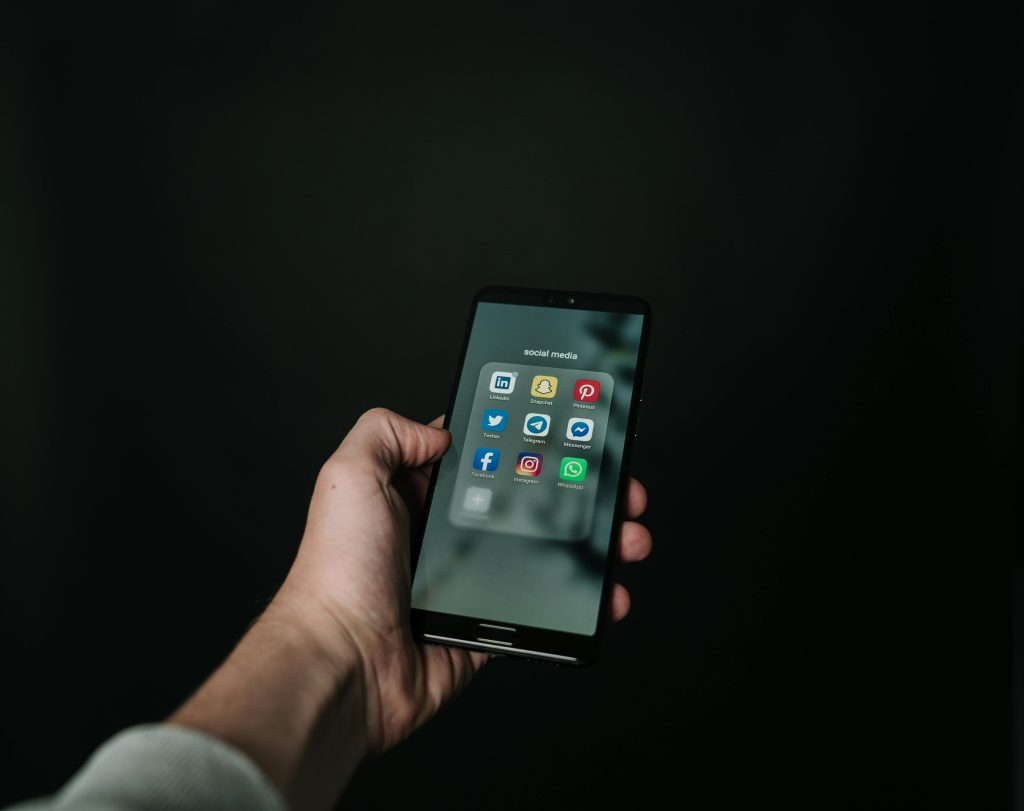Table of Contents
In the digital age, social media has become an integral part of daily life, shaping how we connect, communicate, and interact with others. Platforms like Facebook, Instagram, Twitter, and Snapchat offer unprecedented opportunities for staying in touch with friends and family, meeting new people, and sharing life’s moments. However, the impact of social media on personal relationships is multifaceted, influencing both positively and negatively how we relate to those around us. This article explores the various ways social media affects personal relationships, highlighting both the benefits and the challenges.

The Positive Impact of Social Media
- Enhanced Connectivity
Social media has revolutionized the way we stay connected with others. For many, it provides a convenient means to maintain relationships with friends and family, especially those who live far away. Platforms enable users to share updates, photos, and messages, bridging geographical gaps and fostering a sense of closeness despite physical distance.
- Rekindling Old Relationships
Social media offers the opportunity to reconnect with people from the past. Old friends, former classmates, and lost acquaintances can be found and re-engaged through social media platforms. This ability to rekindle relationships can bring about meaningful reconnections and revive important social bonds.
- Support Networks
Online communities and social media groups provide valuable support networks for individuals experiencing similar life situations or challenges. These virtual communities offer emotional support, practical advice, and a sense of belonging, which can be particularly beneficial for those feeling isolated or going through significant life changes.
- Enhanced Communication
Social media facilitates instant communication and allows for more frequent and diverse interactions. Features like direct messaging, video calls, and group chats enable more dynamic and immediate communication compared to traditional methods. This immediacy can strengthen relationships by keeping people updated and involved in each other’s lives.
The Negative Impact of Social Media
- Shallow Interactions
While social media allows for frequent communication, these interactions can sometimes be shallow and lack the depth of face-to-face conversations. The brevity of messages and the prevalence of curated content may lead to a superficial understanding of one another, potentially weakening the quality of personal relationships.
- Social Comparison and Envy
Social media often presents an idealized version of people’s lives, showcasing only highlights and successes. This curated portrayal can lead to social comparison and envy, as individuals may feel inadequate or discontented when comparing their own lives to the seemingly perfect lives of others. Such feelings can strain relationships and affect self-esteem.
- Privacy Concerns
The sharing of personal information on social media can lead to privacy issues and misunderstandings. Oversharing or the misinterpretation of online content can cause conflicts between individuals, as personal boundaries are blurred and sensitive information becomes public.
- Digital Distraction
The pervasive nature of social media can lead to digital distraction, where individuals are preoccupied with their online presence rather than engaging with those around them. This distraction can diminish the quality of in-person interactions and contribute to feelings of neglect or frustration among loved ones.
- Conflict and Miscommunication
The lack of non-verbal cues in online communication can lead to misunderstandings and conflicts. Text-based messages may be misinterpreted due to the absence of tone and body language, leading to disputes that might not occur in face-to-face interactions. Additionally, online arguments can escalate more quickly than in-person disagreements.
- Dependency and Addiction
Social media can become addictive, with individuals spending excessive amounts of time on platforms at the expense of real-life interactions. This dependency can lead to neglect of personal relationships, as individuals prioritize their online presence over spending quality time with family and friends.

Strategies for Managing Social Media’s Impact
- Set Boundaries
Establishing boundaries for social media use can help mitigate its negative impact on relationships. Designate specific times for checking social media and avoid using it during meals, family gatherings, or important conversations. Setting these boundaries ensures that social media does not encroach on valuable personal time.
- Prioritize Face-to-Face Interactions
While social media offers convenience, prioritize face-to-face interactions whenever possible. Engaging in meaningful, in-person conversations helps build deeper connections and fosters stronger relationships. Make an effort to schedule regular meet-ups or phone calls to complement online communication.
- Be Mindful of Privacy
Be cautious about what personal information you share online and how it may affect your relationships. Respect the privacy of others and avoid posting sensitive content that could lead to misunderstandings or conflicts. Maintaining privacy helps protect personal boundaries and enhances trust in relationships.
- Focus on Quality, Not Quantity
When using social media, focus on the quality of interactions rather than the quantity. Engage in meaningful conversations and show genuine interest in the lives of others. Prioritize authentic connections and avoid superficial exchanges that may not contribute to building strong relationships.
- Practice Self-Awareness
Be aware of how social media affects your emotions and relationships. Reflect on your online behavior and its impact on your well-being and interactions with others. If you notice negative effects, consider adjusting your social media habits or seeking support to address underlying issues.

Conclusion
Social media’s impact on personal relationships is complex, with both positive and negative aspects. While it offers enhanced connectivity and support, it also presents challenges such as shallow interactions, social comparison, and privacy concerns. By setting boundaries, prioritizing face-to-face interactions, and practicing self-awareness, individuals can manage the effects of social media and foster healthier, more meaningful relationships. As social media continues to evolve, understanding and navigating its influence will remain crucial for maintaining balanced and fulfilling personal connections.

